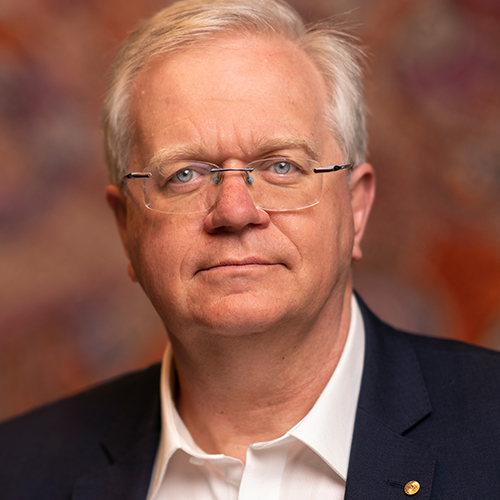Nobel Prize Dialogue Sydney | Decision Making for the Greatest Benefit to Humanity
The internet has, in theory, made collective decision-making so much easier. We can share, know, and act together in a way that simply has not been before possible. But in practice, the internet has allowed disinformation to take hold.
While the universe can continue to expand indefinitely, humanity’s footprint on Earth cannot. Our decision making processes must evolve to deal with global challenges such as climate change, conflict, pandemics, and the risks from AI. Nobel Prize laureate Brian Schmidt lays out the new risk landscape and how we might navigate it.

Image Gallery
-
1/3
-
2/3
-
3/3

Brian P. Schmidt
Brian Schmidt is Distinguished Professor of Astronomy at the Australian National University. As leader of the High-Z SN Search team, he was awarded the 2011 Nobel Prize in Physics jointly with Adam Riess and Saul Perlmutter, for his work on the accelerating universe. Schmidt has worked across many areas of astronomy including studying supernovae, gamma ray bursts, gravitational wave transients, exo-planets, and metal poor stars.
Schmidt completed joint undergraduate degrees in astronomy and physics at the University of Arizona (1989), an astronomy master’s degree (1992) and PhD (1993) from Harvard University. After a postdoctoral fellowship at the Harvard-Smithsonian Center for Astrophysics, he joined the staff of the Australian National University in 1995. He served as the 12th Vice Chancellor and President of the Australia National University from 2016–2023.
More about Brian Schmidt and the 2011 Nobel Prize in Physics
Photo: Jamie Kidston © Australian National University.

